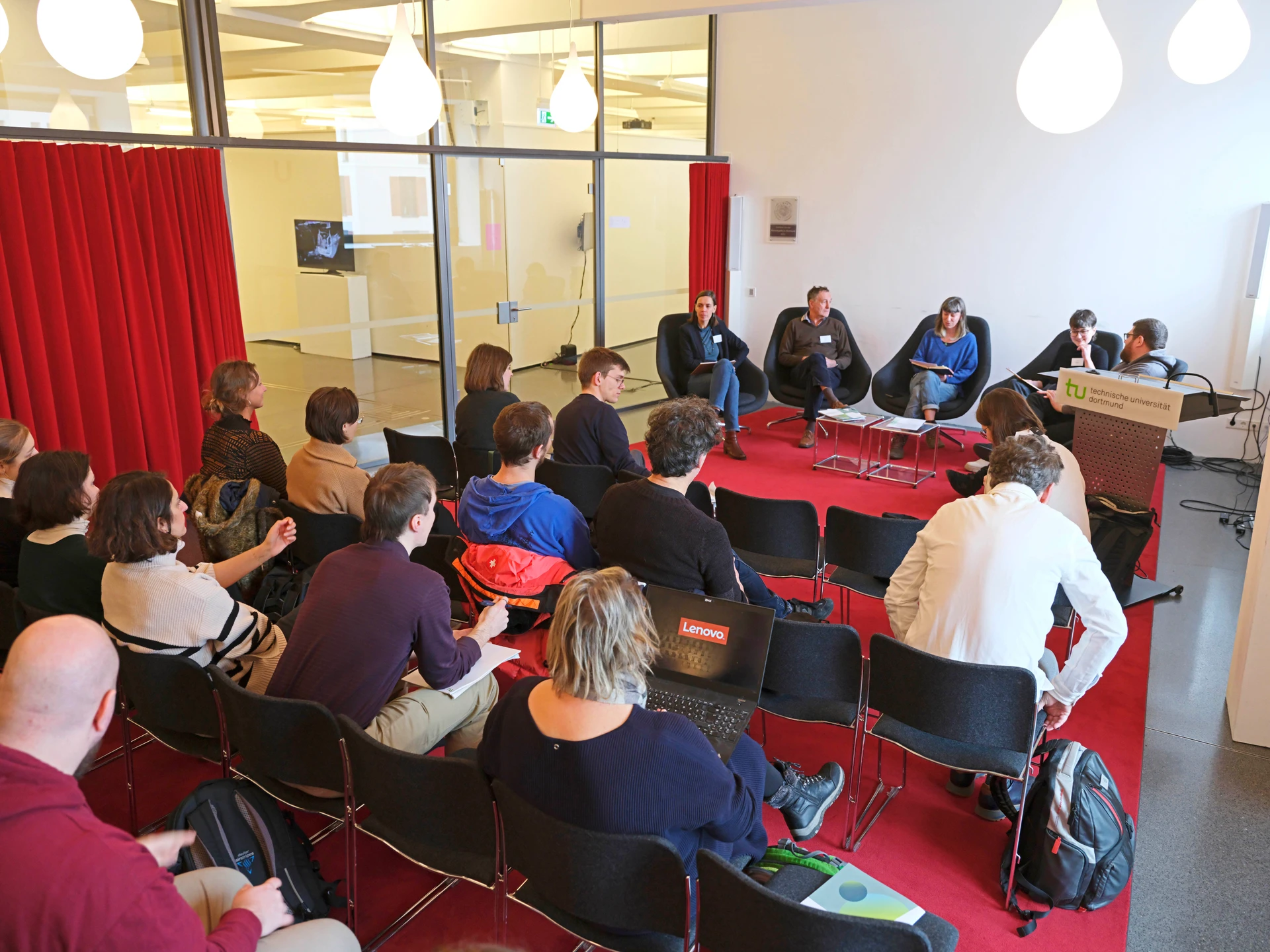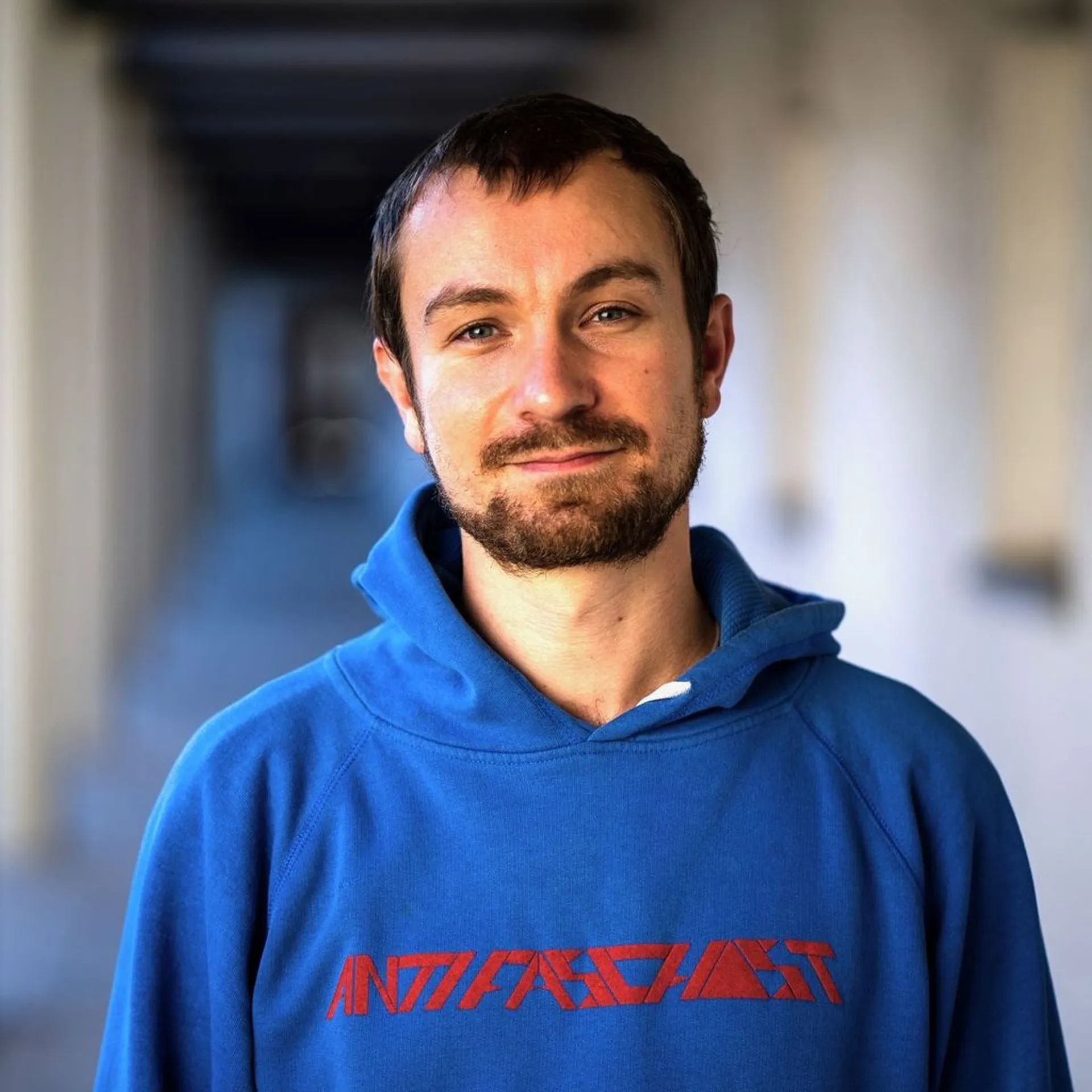Call for Paper: Between Emotion and Reason
Exploring the Operational Logic of Morality
Internationale Konferenz 11.-13. Mai 2023, Universität Tübingen People’s relation to the world changes when they consider something under the auspices of morality. In order to explore this process we understand moralisation as practice, a modulative intervention that triggers those changes of relationship to the world.
Continue reading...

